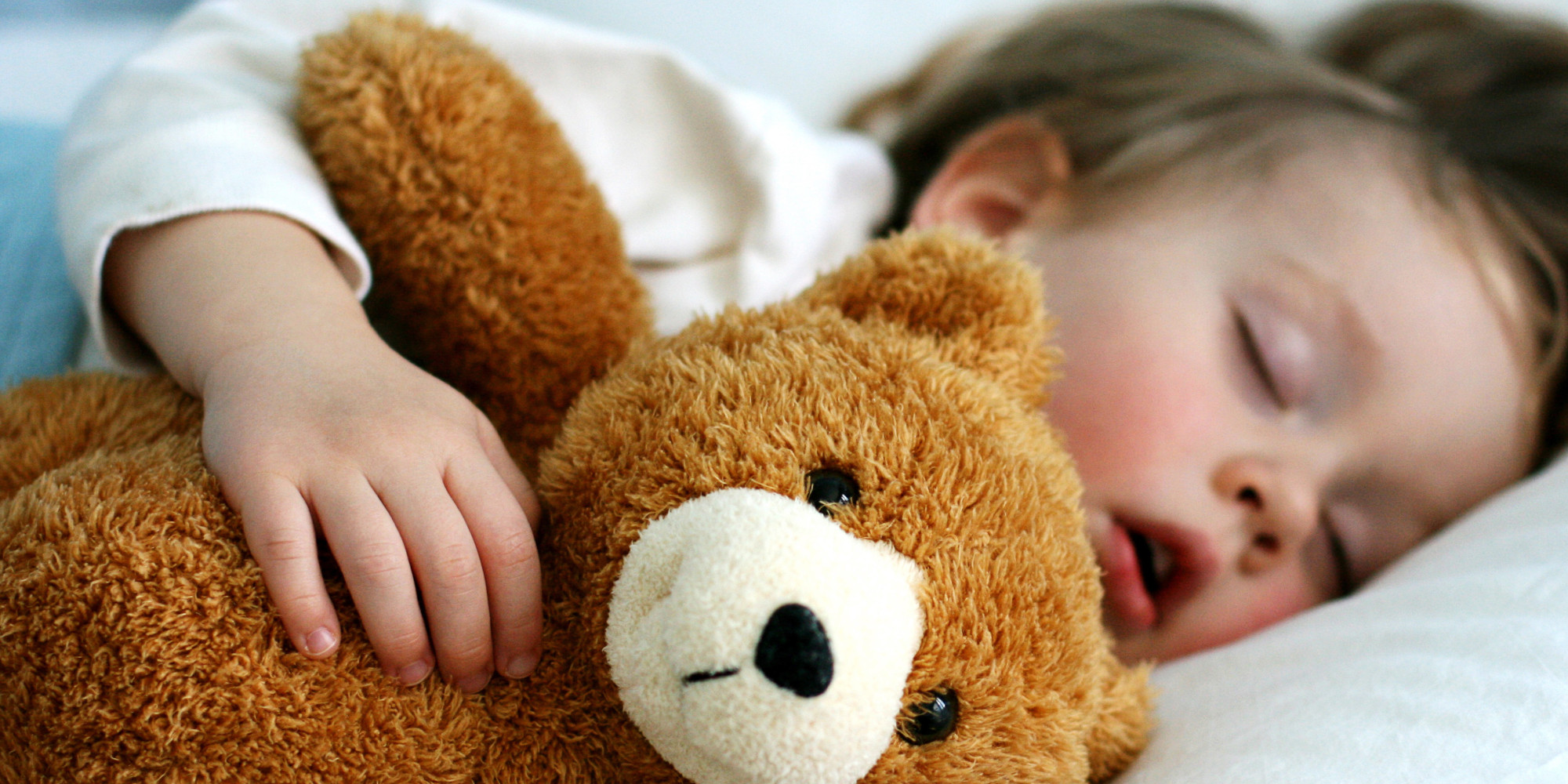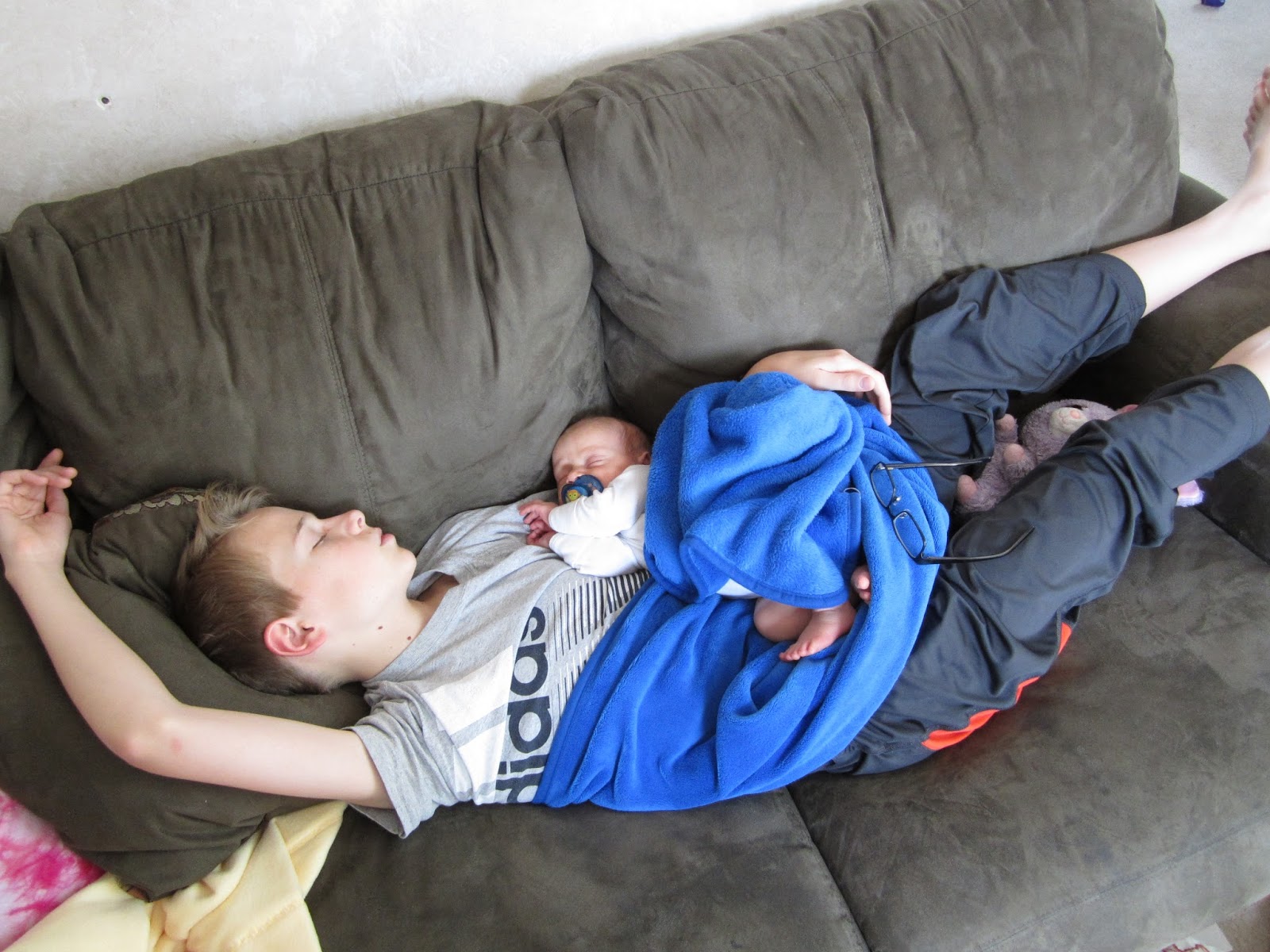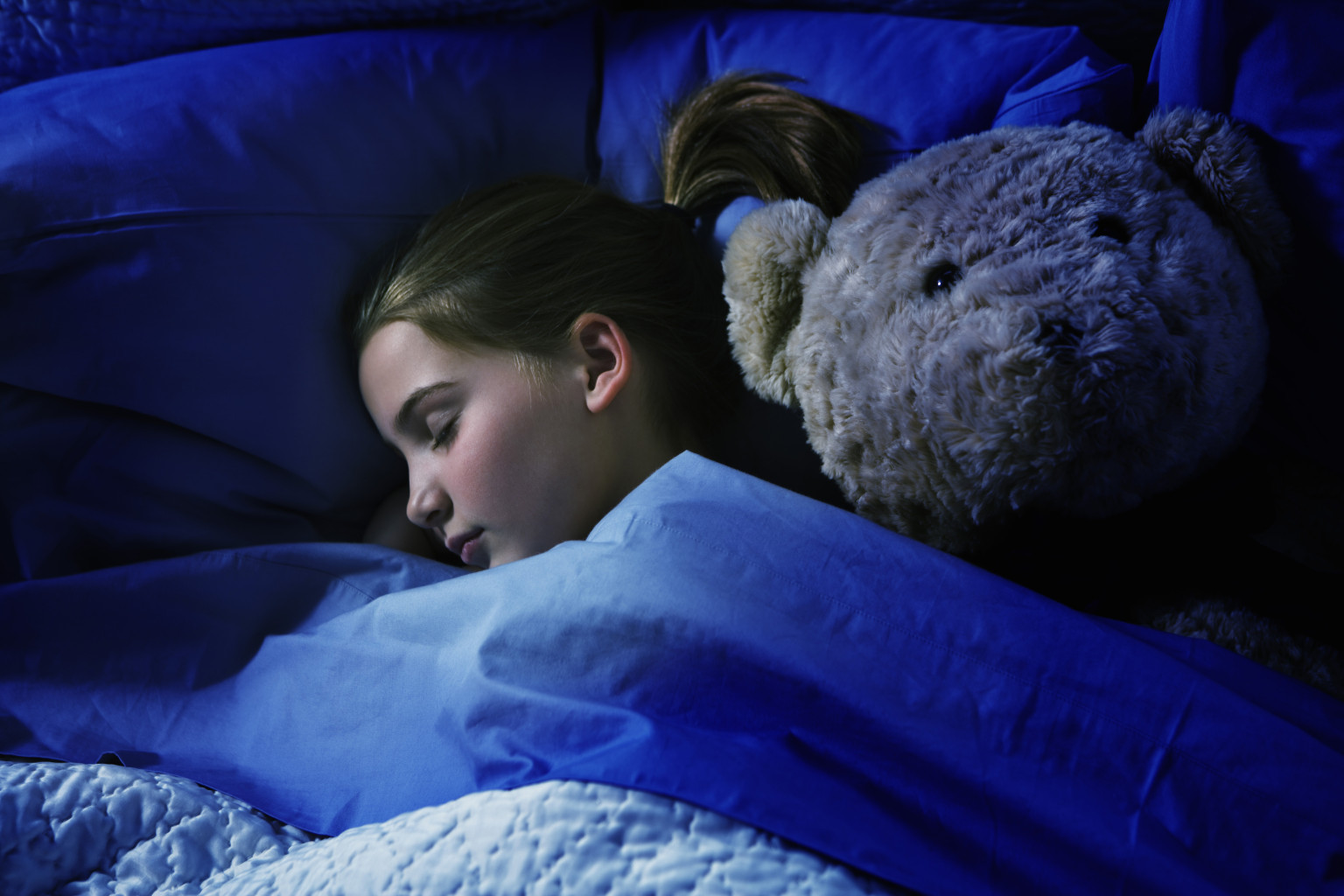Chưa được phân loại
The Importance of Sleep for Children’s Growth
Hey there, sleepyhead! 🌙 Are you one of those people who believes that sleep is for the weak? Well, I’ve got some news for you—especially if you happen to be a parent, caregiver, or just someone who knows an adorable little nugget of a child. When it comes to kids, sleep isn’t just important; it’s crucial for their growth, development, and overall well-being. So grab your favorite mug (filled with something cozy, ideally), and let’s dive into the dreamy world of sleep and what it means for our little ones.

The Science Behind Sleep and Growth
First things first—why does sleep matter so much? Well, the answer lies in a magic little hormone called growth hormone (GH). The majority of growth hormone in children is secreted during deep sleep, particularly during a stage known as slow-wave sleep. GH aids not only in physical growth by promoting the development of bones and tissues but also plays a vital role in how our bodies repair and rejuvenate themselves.
But wait, there’s more! Sleep also supports cognitive development. During sleep, the brain is busy processing information, consolidating memories, and reorganizing thoughts. In kids, this means better learning, improved problem-solving abilities, and enhanced creativity when they wake up refreshed and ready to face the world.
Emotional Well-Being and Sleep
Let’s talk about the emotional aspect of sleep because, let’s be honest, being a kid is a wild ride! Various studies have shown a strong correlation between sleep and emotional regulation. A well-rested child is likely to be more patient, adaptable, and less prone to mood swings. Picture this: after a solid night of sleep, your little angel wakes up bright-eyed and bushy-tailed, ready to tackle the day. On the flip side, a few nights of tossing and turning might transform your kiddo into a moody gremlin ready to battle anyone in their path. The bottom line? Sleep is essential for helping kids navigate their emotional landscapes.
>>>Buy now: Ocean Maxi Board With Magnet
Sleep Needs by Age Group
Now let’s get into the nitty-gritty—how much sleep do children actually need? While it varies by individual, the National Sleep Foundation provides some handy guidelines:
- Newborns (0-3 months): 14-17 hours each day
- Infants (4-11 months): 12-15 hours including naps
- Toddlers (1-2 years): 11-14 hours including naps
- Preschoolers (3-5 years): 10-13 hours including naps
- School-age children (6-13 years): 9-11 hours
- Teenagers (14-17 years): 8-10 hours
These recommendations might seem daunting, especially if you’re dealing with a strong-willed toddler who thinks bedtime is for squares. But fear not! Creating a consistent and calming bedtime routine can play a huge role in getting kids the sleep they need.

Creating a Sleep-Friendly Environment
Alright, sleep champions! Let’s talk about some tips to help create that sleep-friendly environment at home. We live in a world full of distractions, from glowing screens to rambunctious pets begging for attention. So how can we help our kiddos to unwind?
- Establish a Consistent Sleep Schedule: Kids thrive on routine. Aim to tuck them in at the same time each night and wake them at the same time each morning—even on weekends! Consistency helps regulate their internal body clock.
- Create a Bedtime Routine: Set up activities like reading stories, dimming the lights, and maybe even a little gentle stretching. This signals that it’s time for the brain to wind down.
- Limit Screen Time: The blue light emitted from devices can interfere with melatonin production—our sleep hormone. Try to cut off screens at least an hour before bed. Instead, opt for a good ol’ fashioned book, some soothing music, or a relaxing chat about their day.
- Keep the Bedroom Cozy: Make sure the room is dark, quiet, and cool. Consider blackout curtains, white noise machines, or a cozy sleep mask if needed. A peaceful environment sets the stage for restful sleep.
- Encourage Physical Activity: Kids are like little engines—they need to burn off energy! Regular exercise during the day can promote better sleep at night. Just be careful to avoid rigorous activity too close to bedtime!
The Sleep-Diet Connection
You might be wondering, “Can what they eat influence how well my child sleeps?” Absolutely! A balanced diet can help regulate sleep patterns. Foods rich in tryptophan (like turkey, chicken, nuts, and dairy) can help promote sleepiness. On the flip side, sugary snacks or heavy meals right before bed can lead to restless nights. Encouraging healthy eating habits throughout the day can help pave the way for a peaceful slumber.
>>>Read more: How to Manage Picky Eating in Kids?

The Final Words of Wisdom
So there you have it—a deep dive into the importance of sleep for children’s growth and well-being. It’s essential to remember that healthy sleep patterns aren’t just about preventing crankiness and earning your sanity back (though, let’s be honest, that’s a bonus!). Good sleep is foundational—it allows our little ones to grow, physically and emotionally, setting them off on the right foot as they take on life’s adventures.
If you’re a parent or caregiver struggling with sleep issues in your household, remember you are not alone! It can take time to establish routines and find what works best for your child. Stay patient, stay committed, and before you know it, you might find yourself humming “Sweet Dreams” as everyone snuggles in for the night.
And hey, here’s to hoping that as you help your kids catch those Zs, you can catch a few yourself! Happy snoozing! 💤✨
